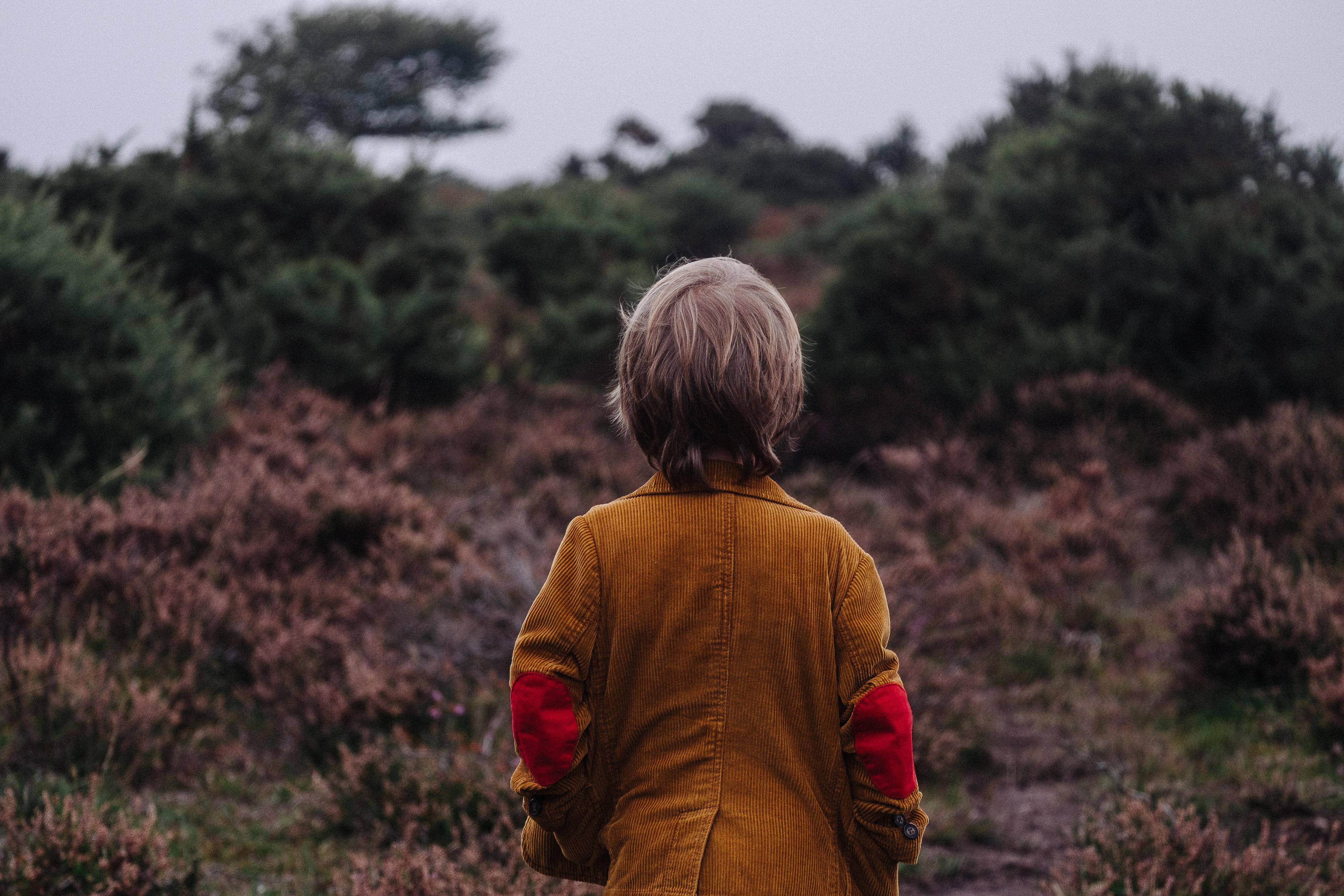
While only covering 3% of global landmass, peatlands provide an essential contribution as carbon sinks, storing over three times the carbon of all the forests in the world. As part of the EU LIFE Peatlands and People project, people who once dug out drains to dry up bogs for peat harvesting are now blocking those very drains as part of a large-scale rewetting process. With over 21% of its territory under peat, Ireland is well positioned to underline the significance of the world’s peatlands in sequestration of carbon as well as their vital role in purifying water and in the provision of habitats for endangered plants and animals. While urgency is key in addressing the climate crisis, awareness alone does not reduce carbon emissions. To really make an impact, people need a positive model for change, achievable action steps and a community of mutual support. Peatlands and People clearly demonstrates a move towards locally driven climate action in the Midlands in Ireland.
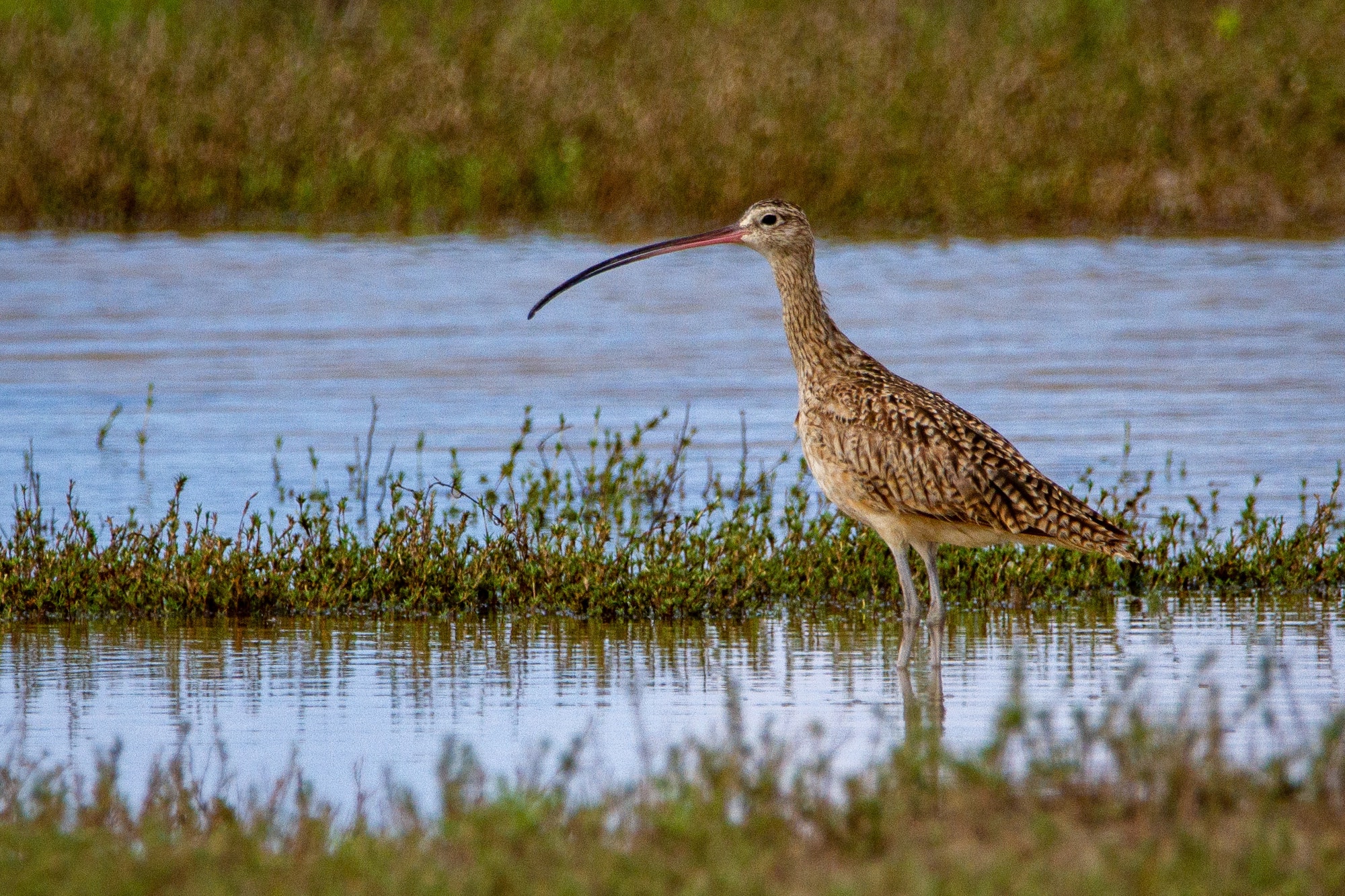
What have we learnt from other crises?
Why do some community leaders, organisations and governments get it right in confronting a crisis? Why do others fail? Is there something to be learned from these different responses? Take the COVID-19 pandemic and climate change, for example. Pandemics and climate change share some common ground. Both are systemic and complex challenges. While affecting different communities in distinct ways, both enact more harmful effects on the poorer and most vulnerable. Both also demand organised action and change in the way we live our daily lives.
Looking at the COVID-19 pandemic, we see a diversity of responses around the world. New Zealand acted swiftly, elevating public health to primary importance by enforcing a serious lockdown regardless of the economic consequences. While others, e.g. the UK, ping ponged in their approach, first suggesting that people tough it out and do nothing, followed by a serious lockdown, and then declaring a ‘Freedom Day’ despite significant daily case numbers and hospitalisations.
Turning to climate change, certain countries are facing up to the planetary emergency and putting extensive plans in place. Denmark has enacted a law that will make it legally binding for future governments to meet climate change targets while other countries, e.g., Brazil, are actively unwinding environmental protections.
In Ireland, climate disruption is already having a diverse and wide-ranging impact on the country’s environment, economy, natural resources and communities. Our Climate Action Plan, developed in 2019, sets out an ambitious course of 183 actions over the coming years to address this issue. The aim is to achieve a net zero carbon energy systems objective for Irish society and in the process, create a resilient, vibrant and sustainable country.
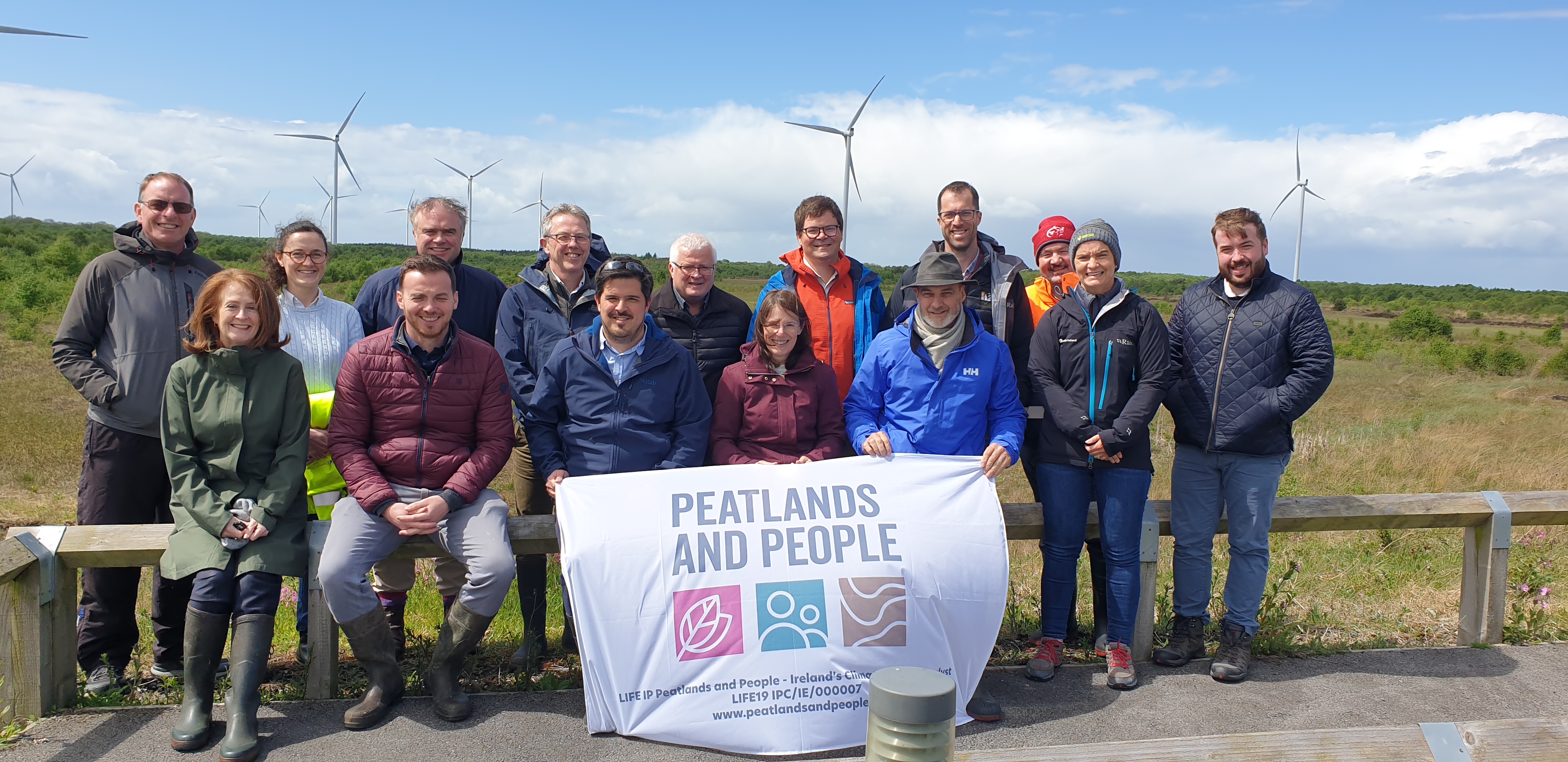
Why rewild thousands of hectares of bogs?
As part of this, there is a huge focus on Ireland’s peatlands which cover almost 21% of national land area. Ireland’s peatlands, hidden worlds with hidden jewels, include a variety of raised and blanket bogs, fens and heath. Peatlands are the new black gold. In peatlands, year-round waterlogged conditions slow the process of plant decomposition to such an extent that dead plants accumulate to form peat. Carbon is retained in the soil as layers of peat build up. When disturbed or drained, peatlands can become significant sources of greenhouse gas (GHG) emissions. Conversely, if disturbed peatlands are rehabilitated or restored, GHG emissions can be averted. Carbon sequestration can begin again, protecting biodiversity and water quality.
Restoring and rehabilitating the peatlands ensures that the bogs can reduce the release of greenhouse gases (GHG) into the atmosphere and in the long-term, act as carbon stores. In turn, this will support multiple ecosystem service benefits – providing new habitats for species of conservation interest and biodiversity. The cessation of industrial peat harvesting has happened and, as part of the Peatlands and People project, the enhanced rewilding of 9,900ha of peatlands will be supported within the project itself, with complementary rewilding actions over circa 33,000ha of peatlands and 40,000ha of grasslands well underway. Future generations can now enjoy the beauty and power of our preserved natural world and its stunning biodiversity.
EU LIFE Peatlands and People is about local stories and a national ecosystem becoming a symbol for global planetary health. It has three powerful catalysts for climate action – peatlands (our ecological catalyst), just transition accelerator (our economic catalyst) and our people’s discovery experience (our social and cultural catalyst). Midland communities from Corlea and Lullymore to Boora, Kilcormac and Clara are connecting to these expansive landscapes and wilderness in ways that prioritises caring for the wondrous, beautiful surroundings, while also facilitating a closer, more direct immersion in the environment through boardwalks, tracks and trails, visitor centres, sculptures and more. Fresh perspectives and shared learning about sustainable tourism are emerging as these precious landscapes show visitors moments of awe and wonder at the world around them, instilling a sense of stewardship.
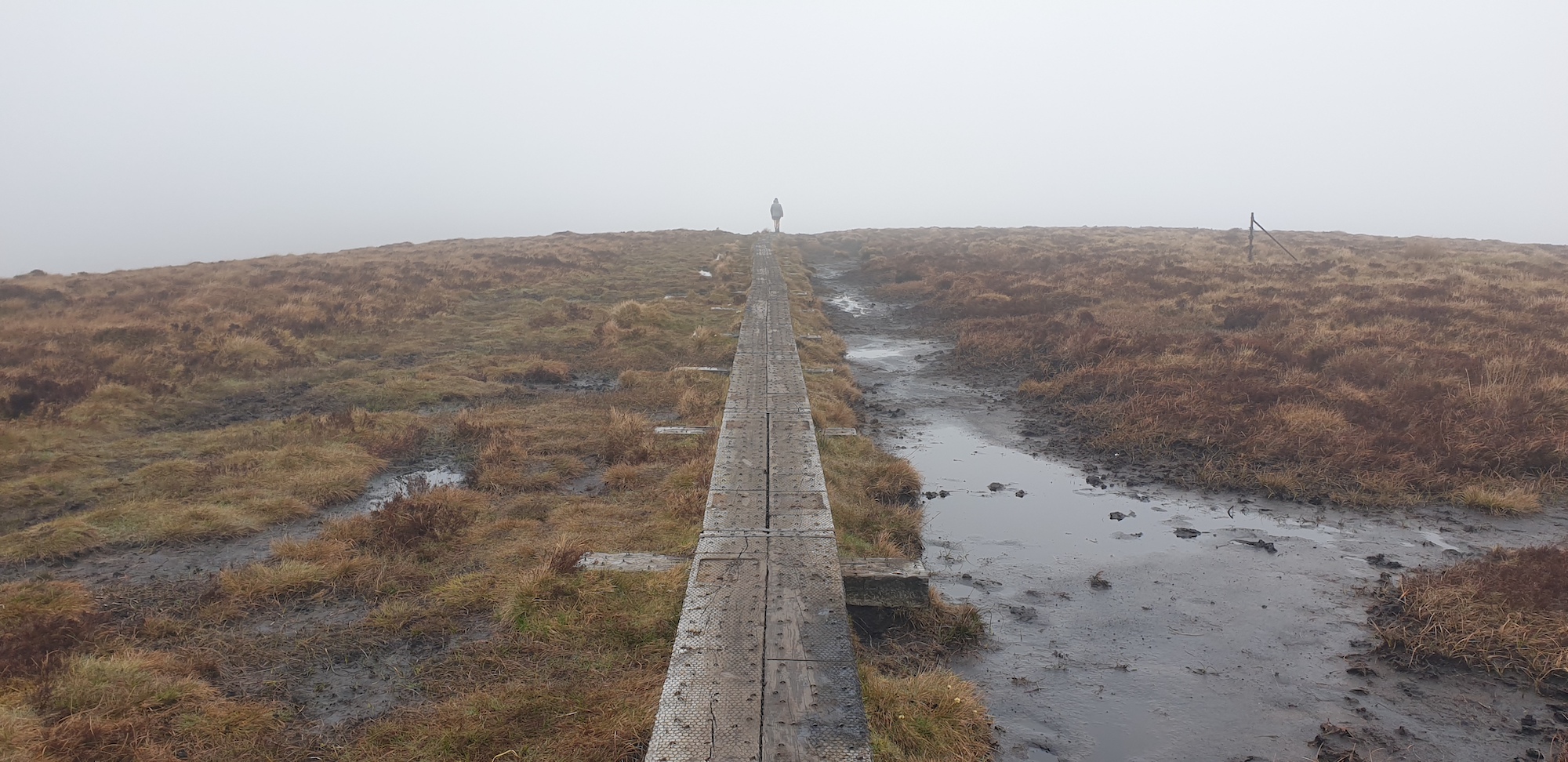
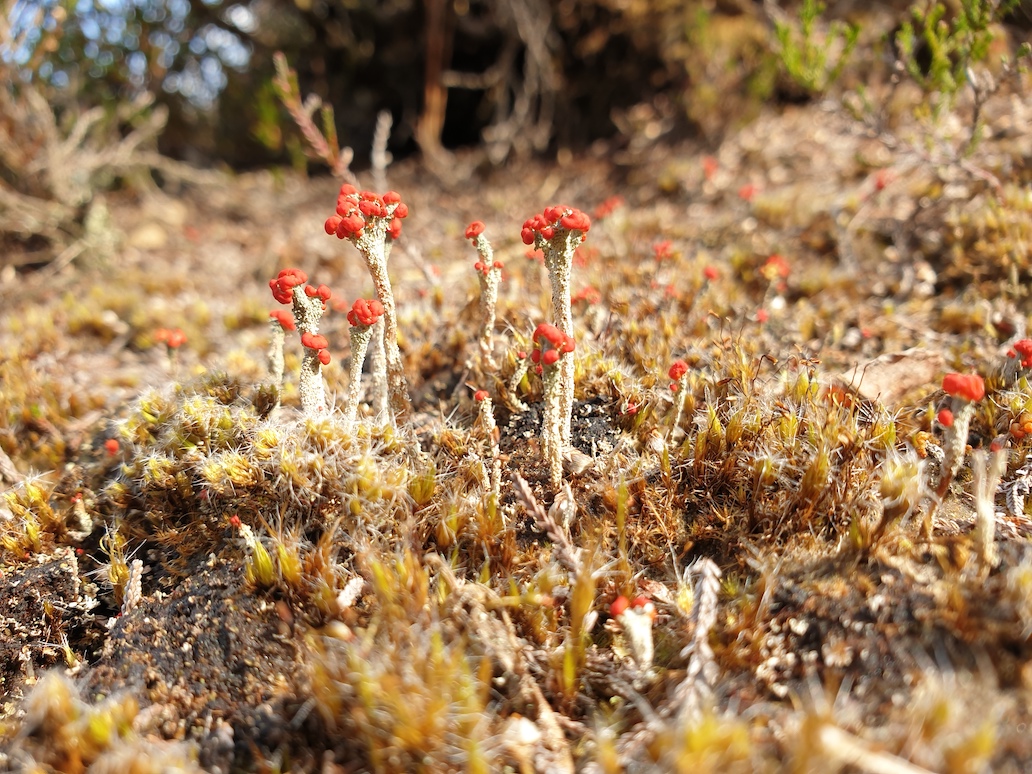
For the Owenduff/Nephin community and its 167 farmers on the Wild Atlantic Way, the Wild Atlantic Nature agri-environment programme and its pilot Results-Based Payment Scheme (RBPS) rewards the farming community for a range of environmental services delivered on their farms, including biodiversity, clean water and climate regulation.
In each of these communities, scattered the length and breadth of Ireland, people are muddling their way through climate actions and change. The social and economic systems and structures that made life acceptable are being re-assembled, re-formed, re-built – not from the top down, but from the ground up. People are coming together in small groups to help, share and work together to construct new ways of life. This transition to sustainability and sustainable living can be a daunting process but change is nothing new for these communities. Communities have undergone many transformations over the centuries: from hunter-gatherer to settled agriculture to industrialisation to the metaverse; from tribe to city-state to nation state to global community; from speaking to writing and printing to texting and from small wood fires to fossil fuels to wind and solar renewable energies. Community change is always with us, sometimes bubbling away underneath the surface not always visible to the eye and other times obvious and in our face. Our job is to ensure that this change is sustainable and informed by decent values – inclusivity, mutual respect and fairness. (1)
Ultimately it is individuals, small groups and communities who hold open the possibility of realising sustainable, ethical and responsible societies in a not-too-distant future world. (2)
Learn more at peatlandsandpeople.ie.
This project has received funding from the European Union’s LIFE Programme under Grant Agreement No. LIFE19 IPC/IE/000007 (LIFE IP Peatlands and People). This output reflects only the author’s view; the European Climate, Infrastructure and Environment Executive Agency CINEA) and the European Commission cannot be held responsible for any use that may be made of the information contained therein.
 .
. 
(1) Hastings and Domegan, (in press) Social Marketing: Principles and Practice for Delivering Global Change, 4th edition Routledge UK.
(2) Openly accessible here.
Profiles
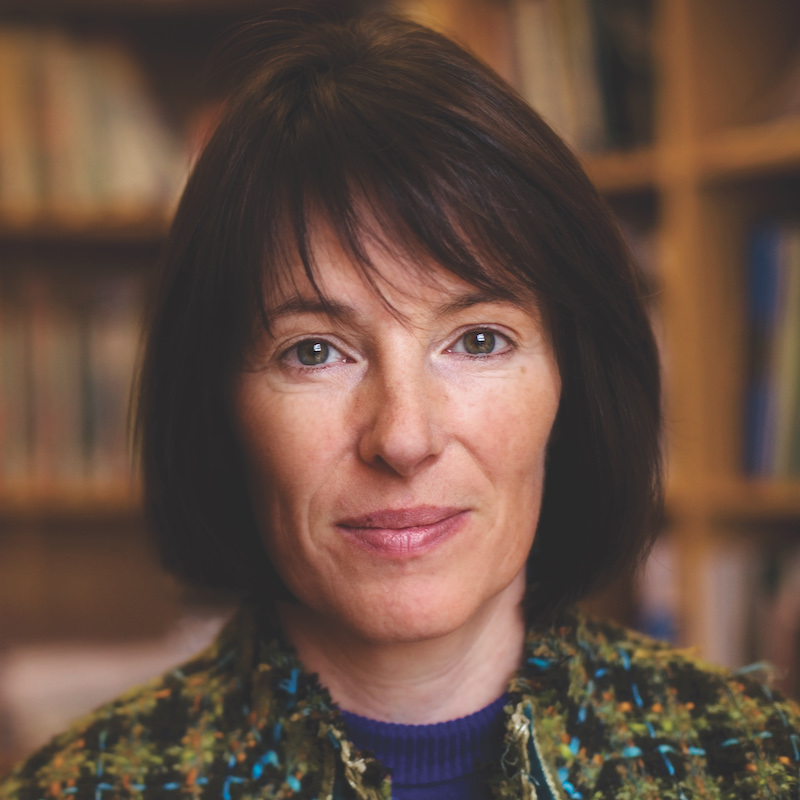
Christine Domegan, B. Comm, MBS, PhD is Professor of Social Marketing at the National University of Ireland, Galway. Christine focuses on the business and society intersection on critical issues of sustainability, climate action and systems transformation.
Christine is Adjunct Professor of Marketing at Griffith University in Australia, Honorary Professor at Stirling University, UK and European Editor of the Journal of Social Marketing.